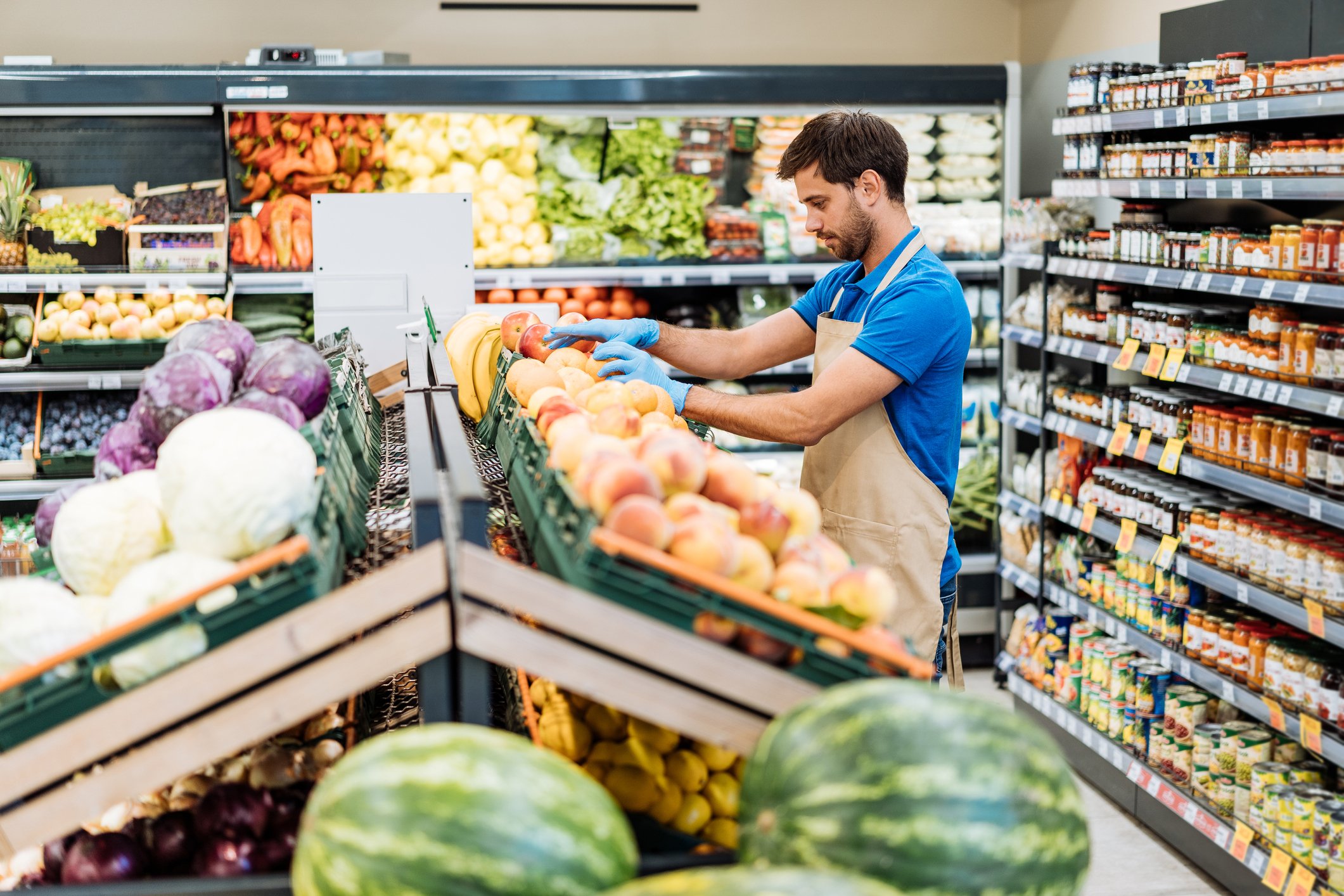The 2020 holiday shopping season will be unlike any other due to the pandemic. Retailers are expecting the holiday shopping season to be long and drawn out, with holiday deals already available. This year, retailers are downplaying the importance of Black Friday, and instead focusing on making every day count.
When it comes to the impact of COVID on their stores, retailers are cautiously optimistic that their stores will remain open and fully operational. But they do have a plan. According to a UKG study on the holiday hiring season this year, 4 out of 5 retailers think there’s at least a small chance they may have to close a store during the holidays due to COVID. Retailers have spent the past 6 months learning how to navigate the challenges brought on by COVID. While very few claim to have cracked the code, they have a good idea of what may happen and many have developed contingency plans.
One thing we do know for sure is that last year’s holiday hiring and staffing model won’t work this year. Many retailers have created new roles to manage store traffic, execute new sanitization tasks, and ensure social distancing and mask requirements are being met by customers. Last year, curbside pickup was limited to just a handful of retailers. This year, it’s the new hotness with 83% of retailers offering it at some of their locations and nearly half of retailers offer it at all of their stores. And, to add to the mounting challenges, the customer mindset has changed completely this year. Customers are shopping with a purpose, not as a form of entertainment, like in years past. This means impulse purchases will plummet, and shoppers will likely stick to their pre-defined list of items.
There could be a hero in this story though: the store manager. The success of the 2020 holiday season falls on their shoulders. Just look at everything managers are required to enforce:
- 83% of retailers require employees to wear masks
- 82% also require customers to wear masks
- 80% have increased cleaning frequency
- 73% are enforcing social distancing
- 55% require employee health screenings
- 50% must manually monitor and limit store count
All of this is centered around creating a safe and comfortable environment for customers to shop and employees to work. But the burden of execution lies on the manager. If they are unable to execute and either the customer experience or the employee experience falters, that could have a direct impact on the business. Customers may be hesitant to walk in the door, and employees may decide that personal concerns about COVID outweigh their desire to work.
To add to the burden on the manager, the UKG study showed that 75% of respondents think an uncomfortable interaction with a customer could end with the employee turning in their resignation notice. Managers need to be equipped with the training and expertise to navigate tough conversations with customers about mask requirements and to support employees if these interactions go south. Managers need to be extra vigilant this year and corporate leaders need to support them.
5 Easy Ways to Support the Store Manager:
1. Contact Tracing
95% of retailers believe their organization has an obligation to notify employees who may have been exposed to COVID, and 86% of employees agree. However, our survey found that only half of retailers think their organization will actually implement a contact tracing program. And that makes sense, because without the right technology and tools in place, contact tracing can be really hard to do. But with a modern workforce management solution, like ones offered by UKG, retail leaders can easily pull a Contract Trace report that identifies who worked the same shifts so leaders and managers reach out to employees who may have been exposed.
2. Task Management
Managers are responsible for more tasks than ever before. However, only 26% of leaders are equipping stores with task management technology. Task Management helps managers delegate those tasks and ensure the completion of tasks meets corporate standards and safety requirements. Without this technology, managers are often left with paper lists and unclear standards, making their execution inconsistent from store to store.
3. Automated, Flexible Scheduling
Scheduling during the holiday season in a normal year is hard, but the complexities of COVID have made accurate scheduling and staffing even harder. Automated scheduling solutions can minimize manual processes, and give your managers some time back in their busy day.
4. Employee Self-Service Tools
Self-service tools enable employees to manage their time, manage their schedules and empower employees to take ownership of their schedules. Not only does this increase employee satisfaction, but it significantly reduces the amount of time managers spend on daily schedule management tasks.
5. Rehiring & Onboarding
This year 51% of retailers plan to tap into former employees to fill seasonal roles. Managers could look back through their mental rolodex of reliable employees, or they could leverage technology. Syrg has developed an automated solution to engage and rehire former employees. Syrg has seen tremendous success helping clients fill seasonal roles with known, vetted and trained former employees. Then, once the hiring decision has been made, an automated onboarding process will remove much of the manual steps and streamline the whole process.
As we enter an unprecedented holiday season, retail leadership needs to prioritize the experience of the store manager and give them all the tools and support they can. This year, more than ever, the manager will make or break the holiday season for customers, employees and the bottom line.



